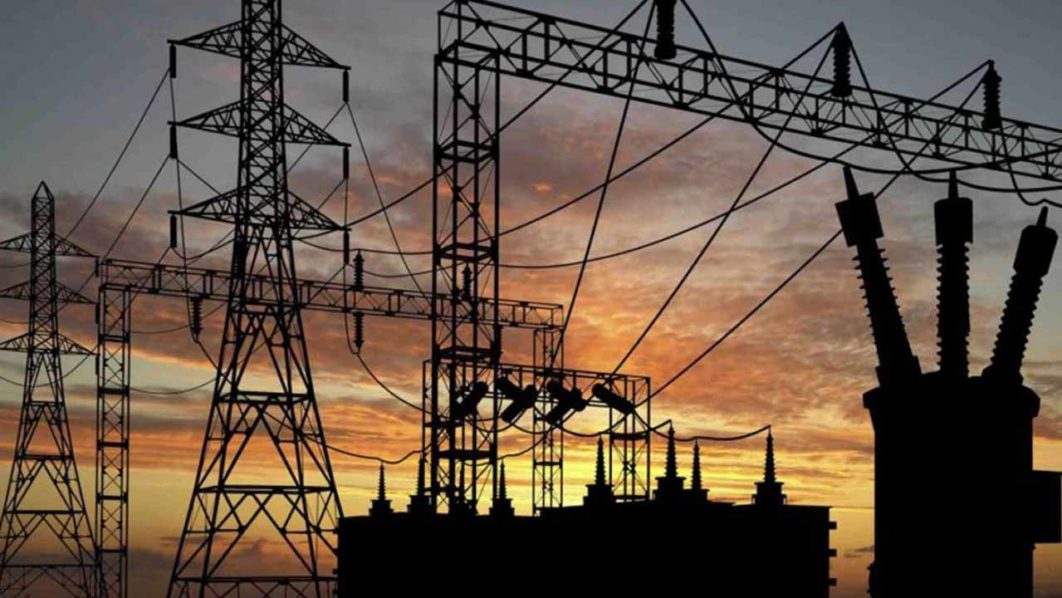
Manufacturers have disputed the claim that customers under Band A pay the lowest tariff in West Africa.The spokesperson of the country’s 11 DisCos under the Association of Nigerian Electricity Distributors (ANED), Sunday Oduntan, last week defended the hike in electricity tariff, saying Band A customers in the country pay the lowest charges in West Africa.
The assertion was made amid controversy over the government’s decision to end power subsidies for certain consumers. The spokesperson claimed countries like Ghana, Benin Republic, Mali and Burkina Faso enjoy better electricity supply because consumers there pay more, allowing providers to recover costs and reinvest in infrastructure.
But a former Manufacturers Association of Nigeria (MAN) Chairperson, Apapa Branch and Executive Director, Universal Luggage Limited, Frank Onyebu, faulted the assertion, saying he was not too surprised as the DisCos would always say what the government wants to hear.
He said because the DisCos are being backed by the government, they have become extremely reckless and uncaring of their challenges, insisting that they must realise they are providing service to struggling industries. He said if alternative energy costs are added to what they pay for electricity, Nigerian businesses pay far more than their counterparts in other countries.
He recalled that during a meeting held with manufacturers, the DisCos and concerned federal ministries, the Minister of Power, Bayo Adelabu, told manufacturers that they could not tell the baker how much to sell his bread when they complained about the exorbitant tariff and how it has negatively impacted costs.
“Right now, I have been running on the generator because there is a fault, which is not new, there is always a fault that will never get fixed immediately. Sometimes, it may take as long as a week for power to be restored but at the end of the month, we will be slammed with an estimated bill in millions of naira.
“The DisCos build their tariffs based on inefficiencies on their part. If there is a fault in several areas, they go to those places one after the other and it may not get to our turn after a week,” he said. He added that many companies in that axis pay even more as they were all forced into Band A, but are still not prioritised for power.
“When there is a fault, we have to plead and plead before it can be fixed. They should by now, be able to detect faults from their offices just as they can detect customers bypassing light. It is a pity that the government is backing them and they think they are above the law. The current tariff is still too high and if we have competitors, it would certainly be less than what we have now and we might get better services,” he said.
The Chairperson of the Association of Small Business Owners in Nigeria (ASBON), Femi Egbesola, regretted that the tariff is unbearably high, which makes production a challenge, coupled with high inflation.
He added that the tariff of neighbouring countries may be higher on paper but argued that operating costs as well as inflation are lower in those countries.
“Besides their government has provided many facilities and infrastructures that we lack here. Here, businesses will provide light, water, roads, security and others by themselves, anomalies that do not happen in other places. Just looking at the issue of power tariffs as a standalone is wrong. Looking at the exchange rate of those countries and the business environment, it favours manufacturing. Now, compare it to our own here. We have to raise the cost of our goods just to stay alive, making us less competitive in the market,” he said.
He added that the best way to help the real sector is to reduce production costs, especially energy, which is a key production factor. He called for a reversal to the old tariff pricing as many of them are not getting the promised supply.






